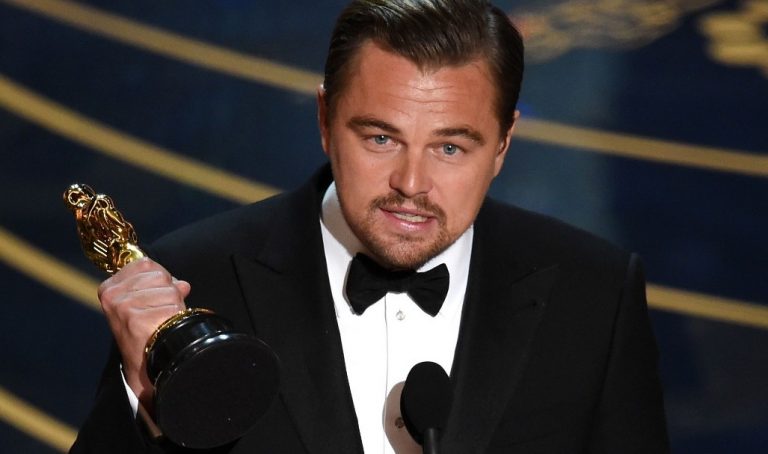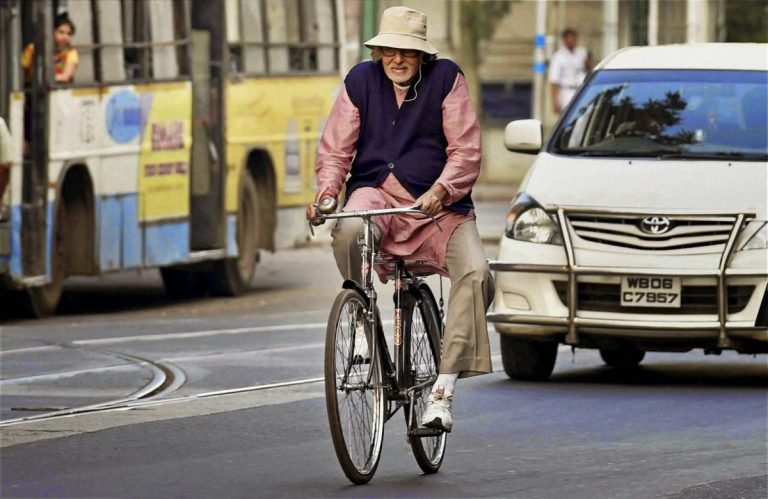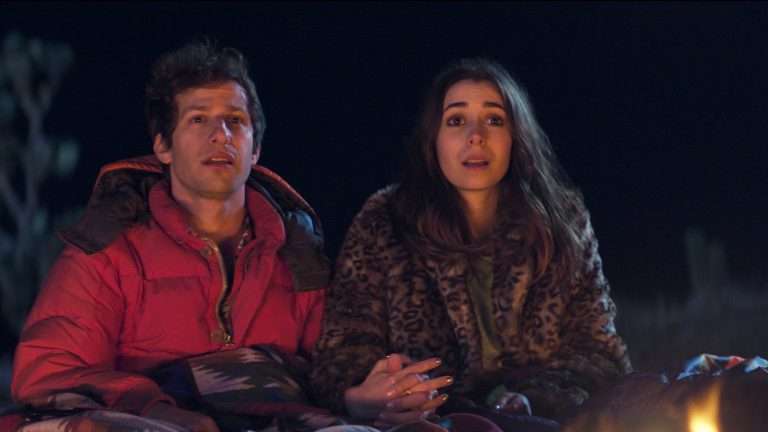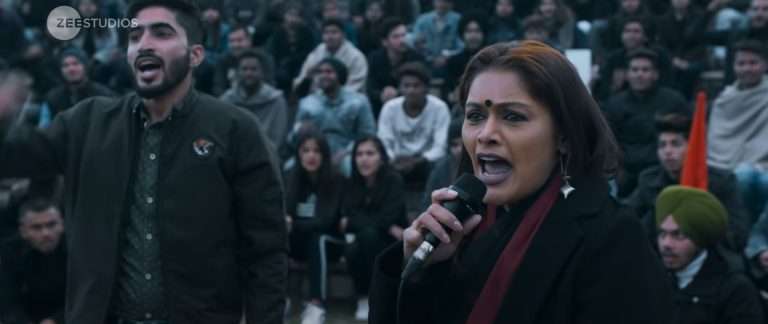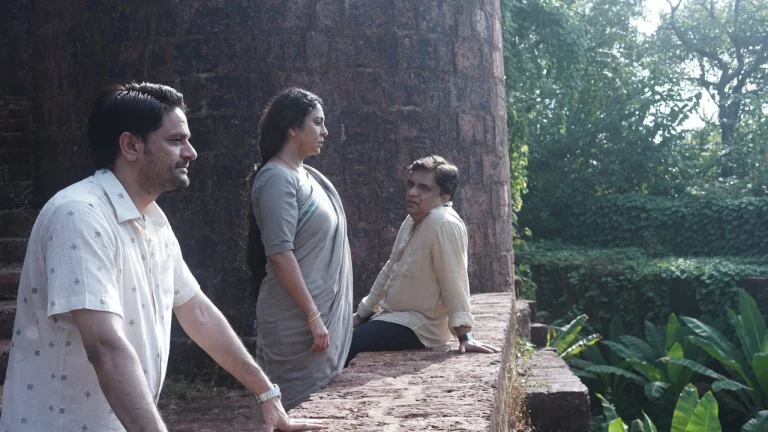Bong Joon Ho possesses a once-in-a-generation directorial voice, which made the banality of “Mickey 17” all the more surprising. In theory, a sprawling sci-fi epic about clones helmed by the “Snowpiercer” director should’ve been another sleek, genre-bending masterpiece. Instead, it stumbled and faltered at the box office, receiving mixed reviews.
While it’s by no means a bad film, a plucky 2000 action flick starring Arnold Schwarzenegger tackled the concept of cloning with a stronger plot, greater stakes, and a bit more fun. “The 6th Day” wasn’t groundbreaking, but it left a more substantial impact on the genre than anyone could’ve predicted. Arnold Schwarzenegger’s cult classic might even outlast “Mickey 17” as the definitive cloning movie of this era.
Here are five reasons why Schwarzenegger’s campy clone adventure makes “Mickey 17” look like an underbaked replica.
Adam Evolves. Mickey Just Suffers.
As an audience, we’re meant to root for the seventeenth iteration of Mickey because he’s kind, loyal, and regularly exploited. On Earth, he was hunted because of his friend Timo’s recklessness. In space, he’s callously killed by desensitized scientists for “the greater good,” while Timo avoids such harsh treatment due to his pilot skills. Mark Ruffalo’s obtuse politician/mission commander states it plainly: “You’re an expendable. You’re here to be expended.” The concept engineers Mickey to be pitied, but he doesn’t drive the story. We aren’t compelled by his choices, but rather by his suffering.
Adam, from “The 6th Day,” embodies the moniker of everyman despite being played by an uber-muscular former Mr. Universe. Arnold Schwarzenegger doesn’t have Robert Pattinson’s charisma. That actually works in the film’s favor. We don’t instantly trust him—we’ve all seen “Terminator.” He needs to earn our sympathy.
Adam is a congenial tech entrepreneur who cherishes his coworkers, friends and would do anything for his wife and daughter. He’s strongly opposed to cloning tech, especially when his daughter begs for an eerily M3GAN-like robot doll, and when his wife suggests cloning their recently deceased dog. His gut says clones are abominations. But his love for his family outweighs his prejudices and fears. Adam’s inner conflict is deeply human. So, when the twist lands and it’s revealed he’s a clone himself, it hits harder. Mickey is more tragic, a beaten dog at the end of its rope, but Adam is much more relatable.
The Grayer the Morals, the Cleaner the Story
“The 6th Day” may be a big, no-brainer action movie, but its take on cloning ethics is far more thought-provoking than Mickey 17’s prestige and polished approach. Arnold’s popcorn flick dove into the debate at a time when cloning was a controversial topic that was years away from becoming a genre cliché. Questions of identity, freedom of choice, and immortality took center stage as Arnold broke bones and leapt from burning vehicles.
Our hero Adam is immediately conflicted. He hates clones but sees how his enemies are using the technology to protect their loved ones. How could organ tissue regeneration and a possible cure for cancer be bad just because cloning is illegal? He fights against these proponents of cloning—with extreme muscular prejudice—even though their motivations mirror his own.
Adam starts as a moralist who values man’s finite soul, while the antagonists are scientists who envision a brighter future in the fields of medicine, genetics, and corporate continuity. This movie isn’t about whether cloning is bad; it’s about who controls it and why. Cloning can be a godsend, a curse, or something in that dangerous, yet fascinating, in-between area.
“Mickey 17,” on the other hand, lives in black and white. The clone is mistreated and killed repeatedly, and we’re told, “That’s bad.” Full stop. While the plot touches on topics such as environmentalism, colonialism, and radical political factions, none of these themes land effectively. The plot is overstuffed in all the wrong ways. “Mickey 17” had the opportunity to be a philosophical juggernaut but instead comes across as a preachy space revival full of Muppets creatures and special effects.
Nuanced Villains vs. Over-the-Top Theatrics
First and foremost, Mark Ruffalo and Toni Collette are fantastic, as always, in “Mickey 17.” But even great actors have to work with the material they’re given. Being a fun, escapist movie doesn’t mean the villains shouldn’t have depth. Antagonists need to believe they’re doing the right thing for the right reasons. In “Mickey 17,” Ruffalo’s motivations boil down to a heavily repurposed trifecta: profit, land annexation, and repopulation. That’s right—money, power, and sex. There’s not much shading beyond that.
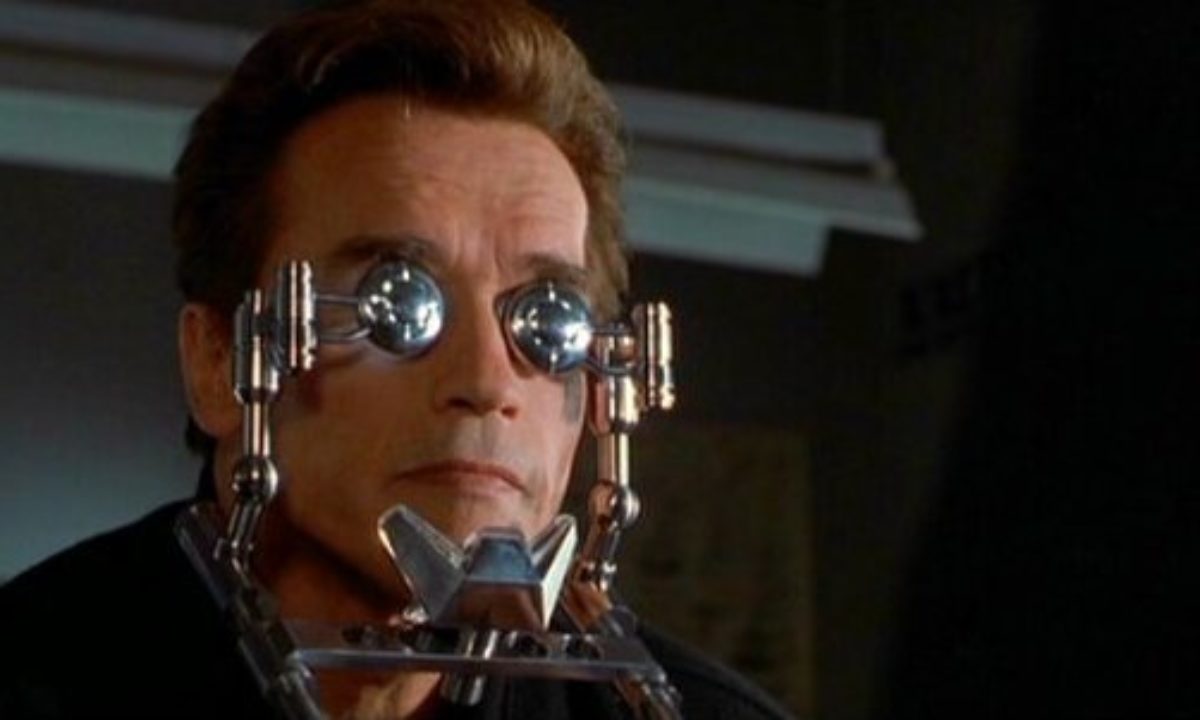
Collette’s impetus is even harder to lock down. At times, she seems like the puppet master with a secret agenda; at others, she appears content to go along for the ride. Her fixation on finding the perfect sauce is a suitable metaphor for elite detachment, but the bit is overplayed, devolving her into a caricature.
In interviews, Director Bong repeatedly stated that Ruffalo’s character wasn’t based on any specific politician. Still, the performance and the surrounding set dressing feel like a reference to a very current political movement, which may restrict the film’s resonance over time. Satire is both broad and subtle enough to be timeless, or absurd in its own timelessness. This depiction risks becoming dated before its time.
“The 6th Day” villains, meanwhile, have the same primal urges—money, power, and sex—yet they justify their actions through deeper, more personal convictions. The scientist behind the cloning plot has revived his wife multiple times. He’s driven to madness by a grief he cannot process. The clone-happy CEO has returned from the dead more than once and views the technology as a God-given right for the wealthy. He’ll gladly repopulate the world with senators and business leaders, but never the masses. Some geniuses use science to perform miracles. Others create HMOs to prevent miracles from spreading.
Side Characters Live Fuller Lives than NPCs and Featured Extras
Mickey 17’s best friend, Timo, screws him over. A lot. Still, Mickey stands by him just like Mickey’s 1 through 16 did in the past. Mickey, 18, however, loathes Timo. He hates him so severely that he wants to watch him suffer and even tries to kill him once or twice. Asking “why?” causes this relationship to fall apart at the seams. In the end, we understand Mickey, whether we agree with him or not. But what about Timo? What about Mickey’s girlfriend, Nasha? And all the other minor characters we’re supposed to care about?
Ultimately, we don’t.
These characters exist to build up Mickey or knock him down. We never learn why Nasha might prefer Mickey 18 over 17 or even why she’s in love with the essence of Mickey to begin with. But we should. For a world to feel complete, it’s vital to know why an ingenue falls for someone, or why a man would take more crap from his best friend than the scientists who murder him every few months.
Adam has a best friend, too. Hank is his colleague and confidant. A notable thing about their relationship? They’re actually friendly. And Hank doesn’t try to get Adam killed! He also plays Devil’s Advocate by being one hundred percent onboard with the tech that Adam resists. From his cloned cat to his hologram girlfriend, Hank embraces the future. They talk, they debate, and they joke. It’s a believable relationship despite Hank having a quarter of the screen time that Timo gets.
“The 6th Day” also has a quartet of delightful characters who’d be nameless goons in a lesser blockbuster. Robert, Vince, Wiley, and Natalie are the secret cloning firm’s muscle, but they’re so much more than that. Each is a clone of a clone. Willing participants of the company’s pitch: immortality in exchange for their lives and limbs. These four die at Adam’s hands multiple times but keep coming back like a live-action Spy vs. Spy—never once regretting their Pyrrhic deal. They stand out in this movie about identity because they have some.
Sci-Fi Shouldn’t Feel This Cold
Adam’s world in “The 6th Day” feels comfortably lived in. It mirrors present-day life while giving nods to other not-too-distant dystopias, including Schwarzenegger’s more famous opus, “Total Recall.” It’s a sparkling future with remote-controlled choppers, interactive fridges, and black-market body shops. Tangible, messy, and eerily corporate. It works because we can picture ourselves living in… or surviving it. That makes the stakes hit harder.
“Mickey 17” offers a visually appealing world that lacks emotional or thematic weight. Director Bong has crafted stunning landscapes in “Snowpiercer,” “Okja,” and “The Host,” each grounded in a world that felt real, urgent, and specific. But here? It’s mind-blowing how off-track this movie feels. The snowy alien planet plays like an unholy marriage between Dune’s Arrakis and Star Wars’ Hoth. Striking, yes, but ultimately hollow. The native Creepers, while serviceable, blend into a forgettable sea of puppetry and digital noise.
The filmmakers achieved the vast epicness they were aiming for. However, by going bigger, bolder, and colder, they lost out on the warmth, weirdness, and human grime that legitimize sci-fi worlds and make them feel alive. The planet may look expensive. But this future feels cheap. Nobody expected a turn-of-the-century shoot em-up to outclass “Mickey 17,” but genre fiction lives and dies by its storytelling.
“The 6th Day” is by no means a perfect film—some might even call it campy—but it knows what it is and executes every beat with conviction. Its characters have arcs, the world has weight, and its ideas, however outlandish, actually stick. Arnold Schwarzenegger didn’t become box office royalty because of a Juilliard pedigree or a mastery of elocution. He became one by recognizing his strengths and surrounding himself with the right people to leverage them.
In “The 6th Day,” he’s a reluctant clone squaring off against a quartet of expendable middlemen who understand something Mickey never quite grasps: They’re not the protagonists. And they don’t have to be, to make the story work.



